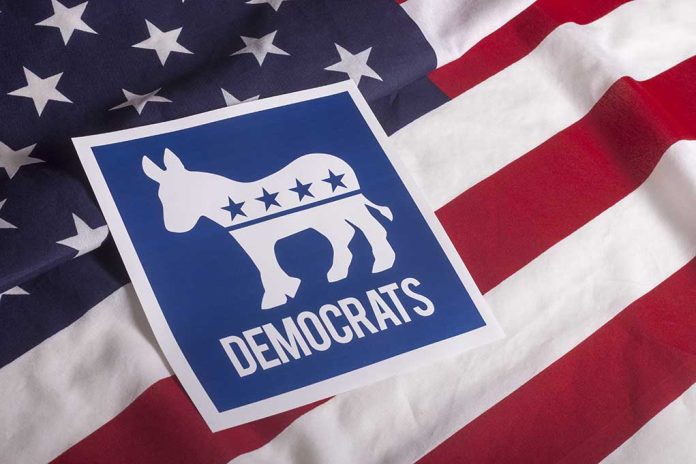
(DailyDig.com) – While the US is technically a Constitutional Republic, the way our country functions does hold democratic elements, such as the right to vote for elected leaders. Many experts believe these features play a critical role in the preservation of freedom. Concerningly, a new poll from the Institute of Politics at Harvard Kennedy School shows that up to half of all young people feel democracy has failed, or is about to fail, in the US.
Is Democracy Failing?
Results from the survey paint a clear picture of current sentiments among America’s youths. Around 52% of respondents aged 18 to 29 said democracy is actively failing right now in the US, while 39% felt impending trouble is just over the horizon.
Up to 13% said it has already failed.
A number of pollsters did express a slightly more hopeful view, but statistics remained tiny by comparison. Just 27% said they felt democracy in America “somewhat functioned,” while a dismal 7% called it “healthy.”
Who’s Saying America’s Democracy is Failing?
The Institute categorized results according to party lines in an effort to determine what kind of role position played in the results. What they discovered was an unsurprising split. Republicans expressed the most concern: 23% said democracy failed at some point in the past, while 47% said it was “in trouble.”
Only 45% of Democrats expressed the belief that the concept was in any way failing or even in trouble. Around 51% of Independents and politically-unaffiliated respondents agreed with their viewpoint on the matter.
Right-leaning pollsters also shared concerns about the impending threat of a civil war, which has grown alongside the split between party lines. Many expect multiple states to secede; up to half say there’s a 35% that conflict will occur in the coming years.
Why Young People are Losing Faith
America, as a Constitutional Republic, has relied on elements of democracy since the moment the Founding Fathers first signed the Declaration of Independence. So, why do American youths suddenly feel it’s failing?
The 2020 elections likely inspired at least some negative outlook. Many Republicans believe that President Joe Biden won the presidential election through covert measures, such as voter fraud. President Trump and his long list of avid supporters supported these claims and insisted on launching their own investigation into the matter.
After leaving office, Trump spoke out on the topic several times. He often explicitly accused Democrats of colluding in the alleged grand-scale conspiracy.
Questioning the integrity of the election had an immediate effect on public sentiment. It greatly lowered trust in the government, the elections process, and in some cases, even the very nature of “freedom” in the US.
Republicans began to raise concerns about the issue, demanding intervention — often to very little effect. Several states launched audits, but results were minimally impactful and have thus far failed to enact the kind of changes many were calling for, including a recall.
Even now, nearly a year later, some voters still believe that Biden stole the White House by cheating his way to the top.
That’s a recipe for cognitive dissonance among under-30s. They watch as multiple levels of government fail to meet their expectations, in some cases seeming to support the very person they believe stole the election. They don’t feel heard, much less respected, by elected leaders, witnessing what they perceive as repeated violations of their rights.
That phenomenon has a direct relationship with perceived notions about the state of democracy in America. History contains countless lessons about the kind of outcomes that stem from one group or party feeling slighted and ignored by a government, especially when they accuse leaders of tyranny and abuse. Losing faith just happens to be the first step.
Copyright 2021, DailyDig.com













